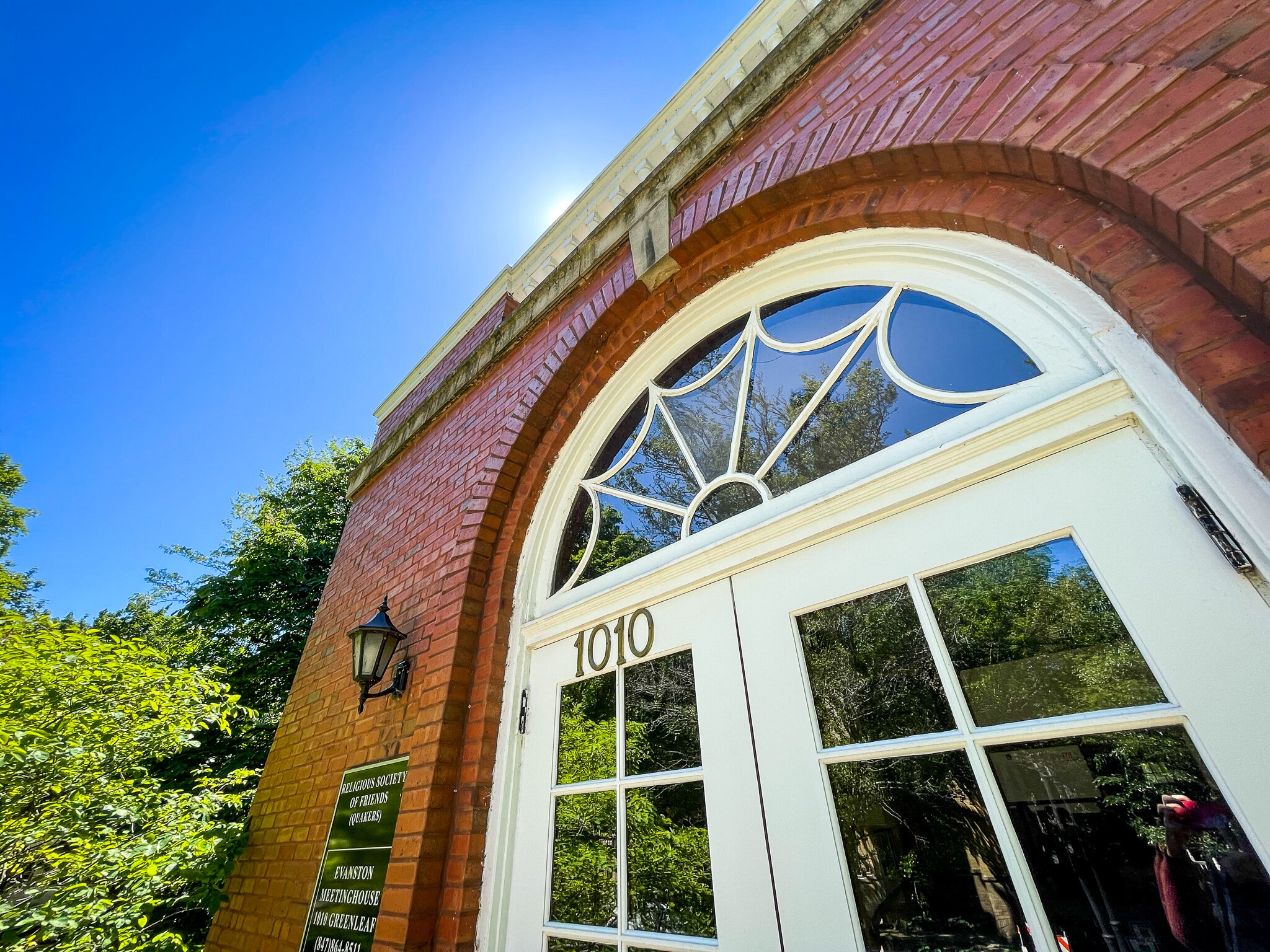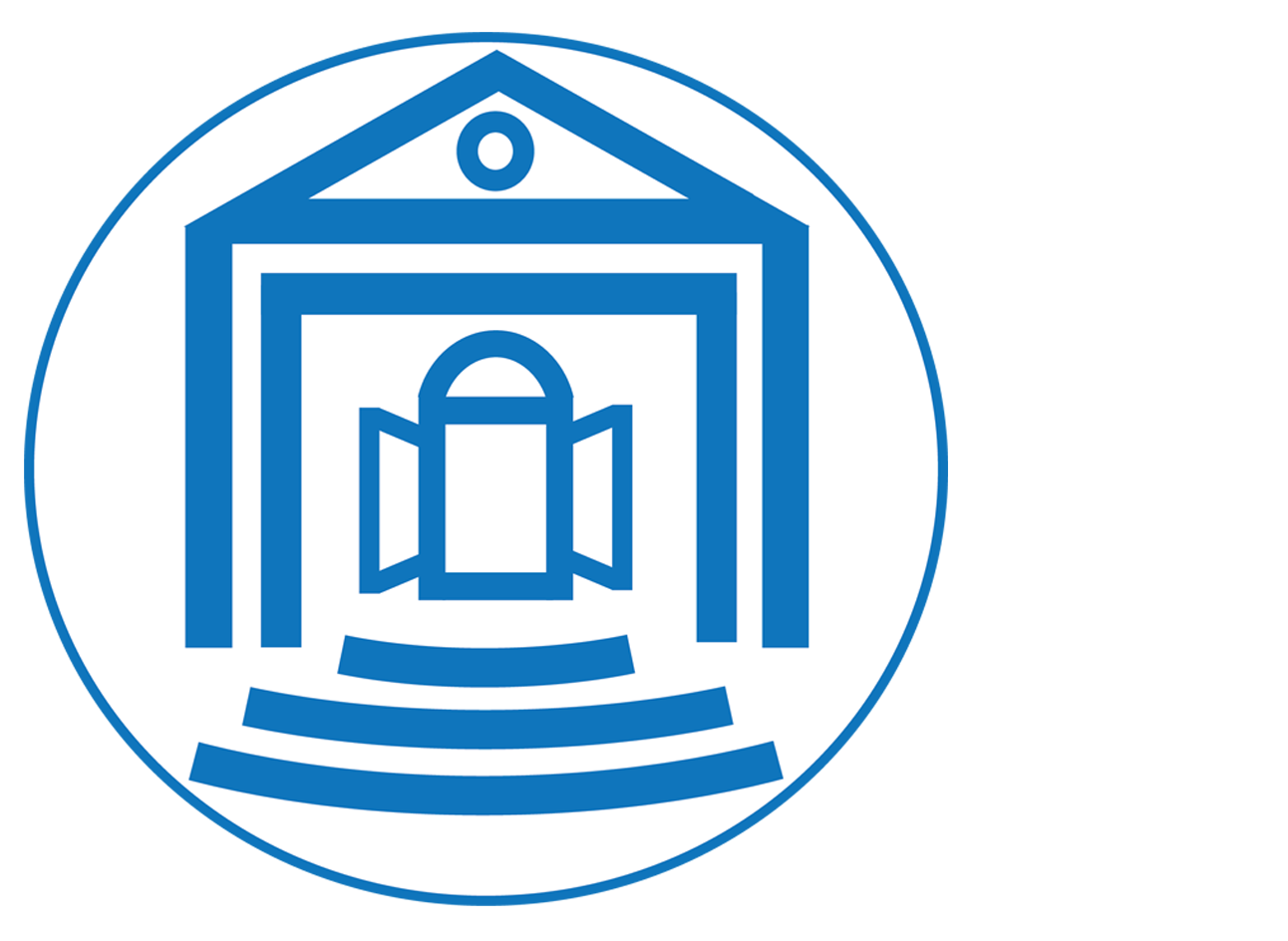
Quakers Today
Modern Quakers
To varying degrees in our different meetings, many of us draw as heavily from other spiritual traditions as from Christianity, or understand the Light Within and other Quaker religious concepts in ways which are largely independent both of Christianity and of other traditional religions. Not a few of us approach such matters from a primarily or entirely non-theistic perspective. Many also of us are committed Christians—and diverse in our understanding of what that entails.
Yet underlying this diversity is a deeper unity, and a commitment to discerning and following the Light Within. We have found by experience that we reap more spiritual fruit through love and care for one another, through forbearance and forgiveness, through service and community, than we do through a vain attempt at achieving a homogeneous theological position.
Among the distinctive Quaker principles are those known as the testimonies. These are values that Friends hold corporately, and which are reflected in our witness to the world. The testimonies express our communal experience of the Light Within and our commitment to its fruits.
Quakers have a long history of spiritual and political activism. Early work to reform prisons, abolish slavery, and end warfare was led by belief in the testimonies of Peace and Equality. The same testimonies lead our work for anti-racism, non-violence, and social justice today. Our efforts to feed the hungry, live modestly, and protect the environment are led by our belief in the testimonies of Community, Simplicity, and Stewardship of Resources. Whether by participating in protests, charitable giving, or other direct action we are encouraged to let our lives speak. The testimony of Integrity reminds us that it is our choices and behavior that reveal our beliefs rather than our words.
-excerpted from the text of Faith and Practice: Illinois Yearly Meeting of the Religious Society of Friends, approved by the Yearly Meeting in Sixth Month, 2019
The Four Major Branches of Quakers
In the nineteenth century Quakers suffered some divisions. Today there are four major branches of Quakers:
The Friends General Conference, of which Evanston Meeting is a member, offers unprogrammed worship (worship without a minister and a more traditional church structure. It is the most liberal Quaker group theologically. Its approximately 35,000 members include many who identify as Christian, as well as those who find comfort and direction in other world religions and those who do not identify with a religion.
The Friends United Meeting contains programmed meetings (led by a pastor in a more traditional church structure). It Is more explicitly Christian.
Conservative Friends are an unprogrammed group that identifies as Christian. Many of their meetings practice both “plain dress” and “plain speaking” (the use of “thee” and “thou”, for example.)
Evangelical Friends Churches, International, is a traditional Christian church group . It is by far the largest of the Quaker groups. Its churches have programmed worship and stress biblical authority and the need for salvation.
Despite these differences, Quakers of all perspectives co-operate on manty ministries involving social justice through organizations such as the American Friends Service Committee (AFSC) and Friends Committee on National Legislation (FCNL), and Christian Peacemakers. Quakers have also made many contributions to education, both public education and thought Quaker schools. Examples of Quakers known for their work in the world are suffragette Alice Paul, civil rights activist Bayard Rustin, founders of Greenpeace, and founders of Oxfam. In 1946, the Quakers were awarded the Nobel Peace prize for their longstanding and ongoing commitment to working for peace.
Further Viewing
These videos—produced by our Friends at QuakerSpeak—offer additional perspectives on important topics related to the Religious Society of Friends.


